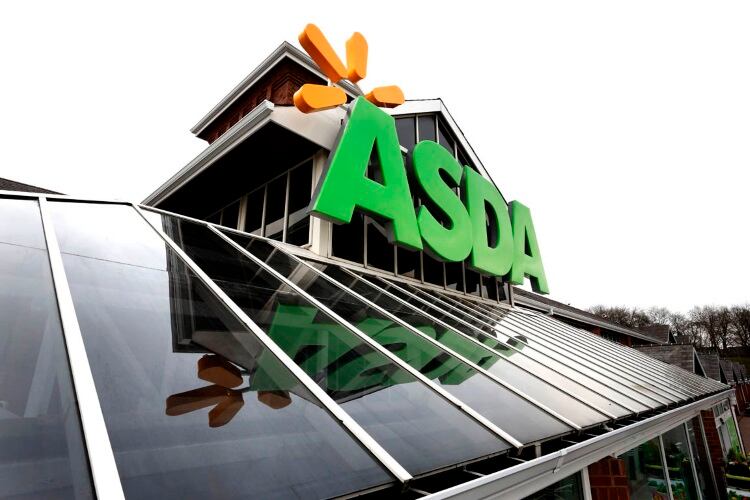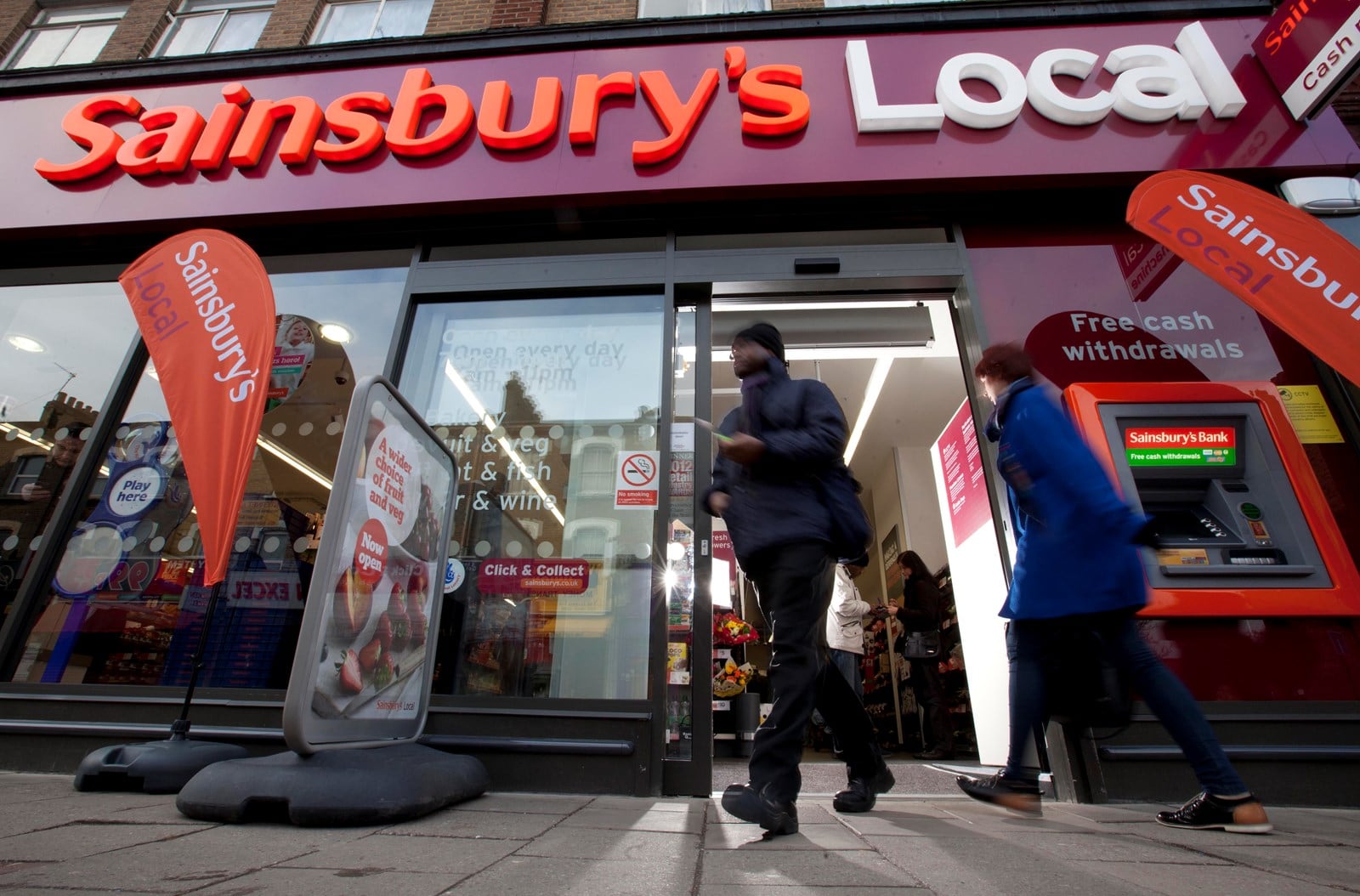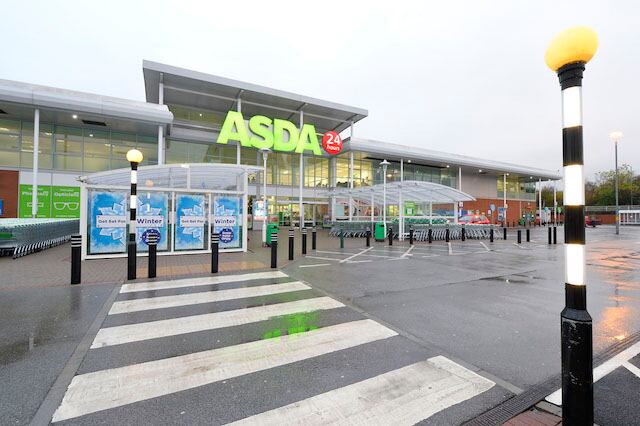The CMA’s investigation found that the merger could lead to a worse experience for in-store and online shoppers in the UK, due to higher prices, a poorer shopping experience, and reductions in the range and quality of products offered. It also expressed concerns that prices could rise at a large number of Sainsbury’s and Asda petrol stations.
Announced in April 2018, the proposed merger between the retailers would have created a retail entity with £51bn of annualised sales, a market share exceeding that of Tesco, which holds a 28% share and an estate with 2,800 Sainsbury’s, Asda and Argos stores.
Stuart McIntosh, chair of the independent inquiry group carrying out the investigation, said: “These are two of the biggest supermarkets in the UK, with millions of people purchasing their products and services every day. We have provisionally found that, should the two merge, shoppers could face higher prices, reduced quality and choice, and a poorer overall shopping experience across the UK. We also have concerns that prices could rise at a large number of their petrol stations.
“These are our provisional findings, however, and the companies and others now have the opportunity to respond to the analysis we’ve set out today. It’s our responsibility to carry out a thorough assessment of the deal to make sure that the sector remains competitive and shoppers don’t lose out.”
Supply chain relief
In terms of suppliers, the inquiry group examined if the merger would cause reduced incentives or a reduced ability to invest and innovate, and if increased buying power by the new business would cause suppliers to raise prices. On the former, it found that there was “insufficient evidence to conclude that the merger is likely to significantly reduce incentives to invest and innovate on the part of suppliers” while on prices, it found that “the majority of the suppliers which engaged with us do not expect to change their prices to rival retailers following the merger”.
Clive Black, head of research at Shore Capital, praised the CMA for a “brave and bold decision” and said the entire supply chain would be “breathing a sigh of relief” over the findings.
”It’s a bold and brave decision by a new regime at the CMA. I think they’ve brought a thorough, rigorous approach to this and in a way that, quite clearly, Sainsbury’s and Asda’s advisors have been outmanoeuvred on,” he said. “They’ve done the right thing in looking after the consumers’ interests. As a result of this decision, it looks like a mortal blow to the deal. It is difficult to see how, through judicial review or other legal remedies, Sainsbury’s and Asda can come back from this. In that respect, we think the deal is dead.
“The whole supply chain will be breathing a sigh of relief. Not just international proprietary brands which were the main source of synergies, but also domestic suppliers because it was very difficult to think they would not be called upon to support this deal if it had gone through. Asda and Sainsbury’s would have undoubtedly put pressure on suppliers.”
What next?
Black outlined what’s next for the two retailers given he believes the deal is “dead”.
“From a Sainsbury’s perspective, it’s about getting back to the day job. They have potentially been distracted [by this merger]. For Asda it means a change in strategy, Walmart says it does not want to be in the UK and Asda needs to look at a plan B, which could involve private equity or another retail partner, and I wouldn’t rule out an Asda IPO.”
Hammer blow
Richard Lim, chief executive of Retail Economics, described the provisional findings as a “hammer blow” to the retailers. “These provisional findings deliver a hammer blow to the potential tie-up between Sainsbury's and Asda. Protecting the interests of consumers is paramount and the CMA chose not to mix its words, with the second phase finding extensive competition concerns. The scope of any potential recommendations in the final stage may be too much to swallow for the deal to survive.
“There’s no doubt that the industry is amid a painful readjustment. Competition in the industry is fiercer than ever before and at the heart of this proposed deal is the need to drive further efficiencies through scale. What emerges between whom and when remains highly uncertain, but we expect plentiful conversations between retailers and wholesalers, wholesalers and symbol groups and even large-scale logistics companies.”
Misunderstood
In response to the CMA’s provisional findings, Sainsbury’s and Asda issued a joint statement.
“These findings fundamentally misunderstand how people shop in the UK today and the intensity of competition in the grocery market. The CMA has moved the goalposts and its analysis is inconsistent with comparable cases.
“Combining Sainsbury’s and Asda would create significant cost savings, which would allow us to lower prices. Despite the savings being independently reviewed by two separate industry specialists, the CMA has chosen to discount them as benefits.
“We are surprised that the CMA would choose to reject the opportunity to put money directly into customers’ pockets, particularly at this time of economic uncertainty. We will be working to understand the rationale behind these findings and will continue to press our case in the coming weeks.”



